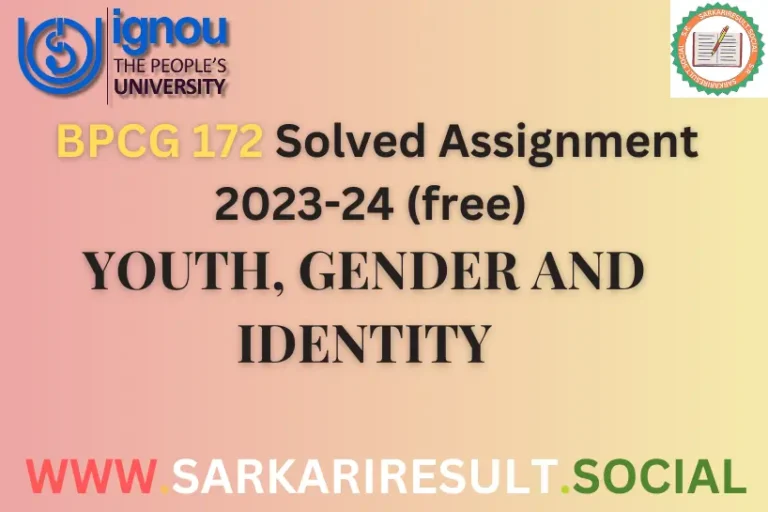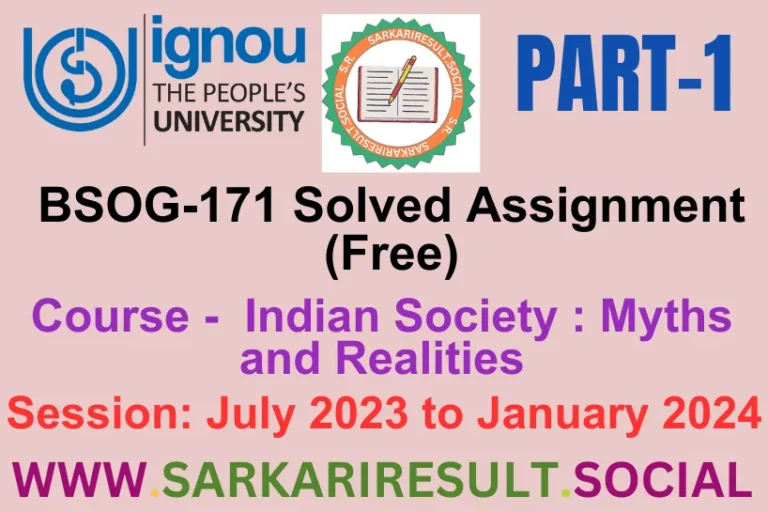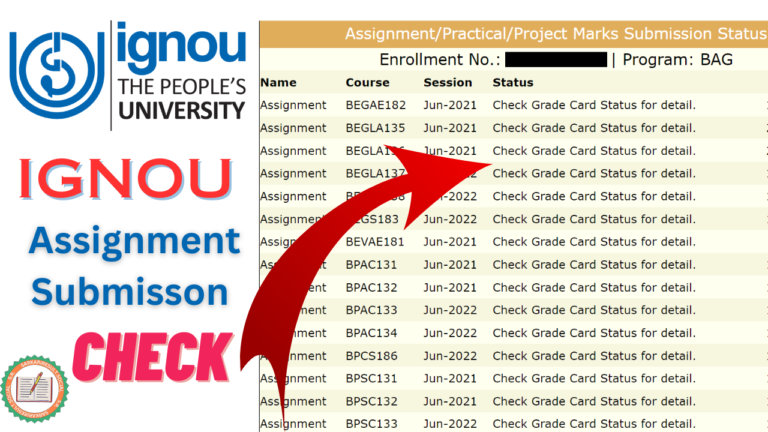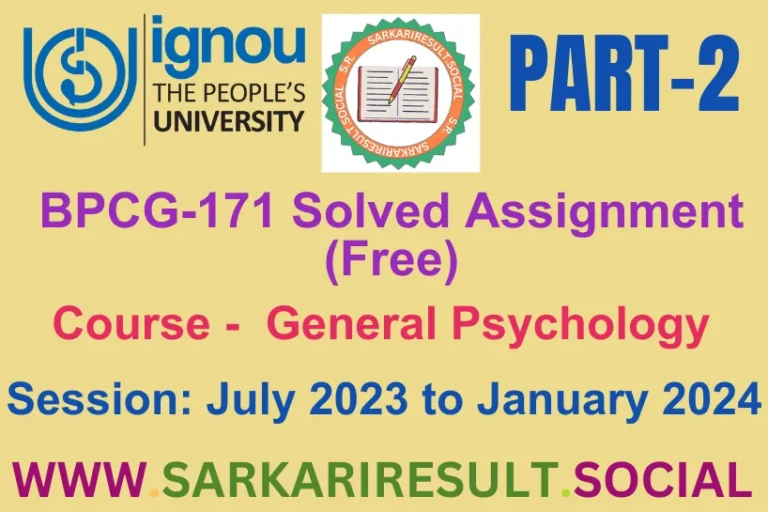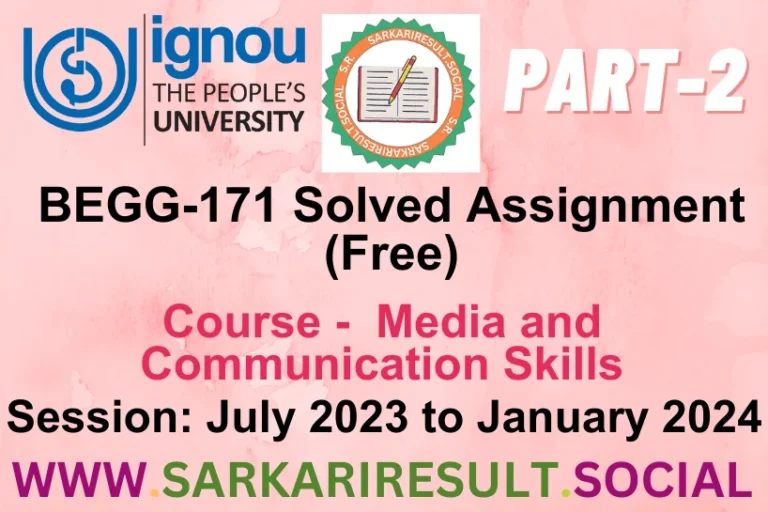BPSC 133 SOLVED IGNOU ASSIGNMENT FREE PART 3
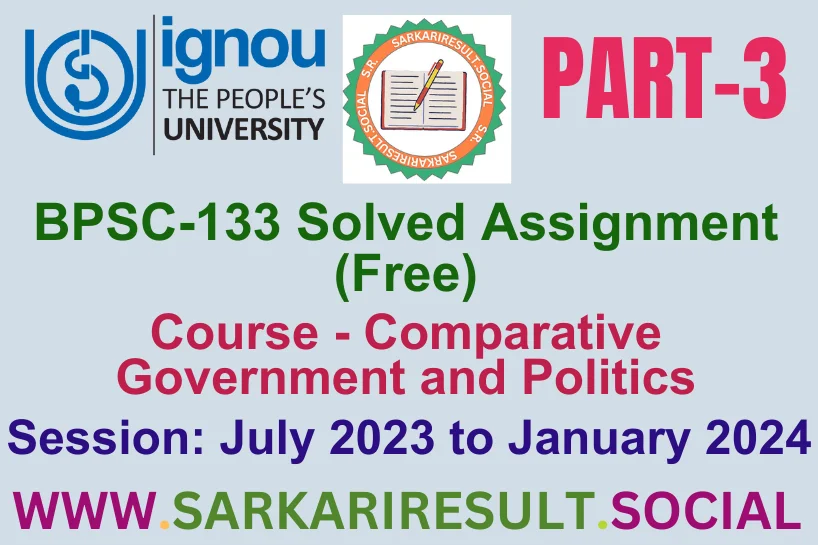
Welcome to the BPSC 133 SOLVED IGNOU ASSIGNMENT FREE PART 3 TMA. Assignment – III simplifies your approach with concise answers to five questions. In just 100 words per response, identify major obstacles to the success of democratic regimes in developing countries, distinguish different types of military regimes, explore the communitarian perspective on the nature of the state, examine the strengths and weaknesses of plurality and majority-based electoral systems, and outline the core assumptions of neo-Marxism. Our succinct solutions empower you to navigate these diverse topics effortlessly, ensuring a seamless completion of your assignments while gaining valuable insights into comparative government and politics.
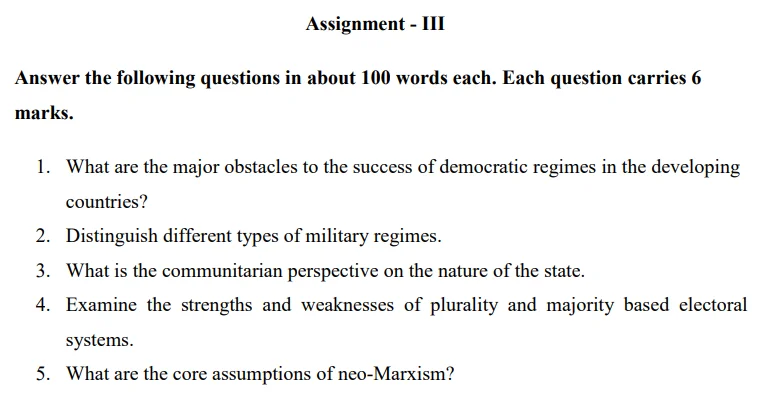
Answer the following questions in about 100 words each. Each question carries 6 marks.
Q.1 What are the major obstacles to the success of democratic regimes in the developing countries?
Ans. Major obstacles to the success of democratic regimes in developing countries include political instability, corruption, weak institutions, economic inequality, and social unrest. Additionally, issues like ethnic or religious divisions, lack of education, and external influences may undermine the consolidation of democratic processes.
These challenges often hinder the effective functioning of democratic institutions, compromise accountability, and impede the development of a robust civil society, posing significant hurdles to the sustained success of democratic governance in developing nations.
Q.2 Distinguish different types of military regimes.
Ans. Military regimes can be categorized based on their objectives and governance styles:
1. Authoritarian Military Regime:
– Seeks to maintain strict control, often suppressing political opposition and civil liberties.
2. Transitional Military Regime:
– Emerges during periods of political transition, aiming to restore stability and facilitate the transition to civilian rule.
3. Reformist Military Regime:
– Intends to implement political or economic reforms while retaining military influence.
4. Populist Military Regime:
– Gains popular support by addressing socio-economic issues, often through redistributive policies.
5. Junta:
– A collective military leadership that governs collectively without a single leader, common in coup-driven military takeovers.
Q.3 What is the communitarian perspective on the nature of the state.
Ans. The communitarian perspective views the state as a vital entity responsible for fostering and preserving a sense of community and shared values. It emphasizes the importance of a moral and cultural foundation for the state, arguing that it should play an active role in promoting the common good and maintaining social cohesion.
Communitarians stress the significance of community values over individual autonomy, asserting that a strong sense of collective identity and shared norms is essential for a stable and harmonious society. They advocate for a balance between individual rights and the well-being of the community within the framework of the state.
Q.4 Examine the strengths and weaknesses of plurality and majority based electoral systems.
Ans. Plurality Electoral System Strengths:
– Simplicity and ease of understanding.
– Can result in stable, single-party governments.
Plurality Electoral System Weaknesses:
– May lead to a lack of proportionality, disadvantaging smaller parties.
– Potential for wasted votes and distorted representation.
Majority-Based Electoral System Strengths:
– Tends to produce strong, majority governments.
– Ensures a clear mandate for the winning party.
Majority-Based Electoral System Weaknesses:
– May exclude minority voices and lead to a winner-takes-all scenario.
– Risk of a lack of representation for diverse political views.
Q.5 What are the core assumptions of neo-Marxism?
Ans. Neo-Marxism, building upon classical Marxism, assumes:
1. Structuralism: Focuses on economic structures and class relations as fundamental to societal organization.
2. Human Agency: Acknowledges human agency in shaping social structures and the ability to challenge and transform them.
3. Cultural Factors: Incorporates non-economic factors like culture, ideology, and identity in analyzing power dynamics.
4. State Role: Recognizes the state’s role in sustaining capitalist structures and its potential for transformative change.
5. Complexity: Embraces a more nuanced understanding of social relations, considering multiple intersecting factors beyond class alone.
Also See This: BPSC 133 SOLVED IGNOU ASSIGNMENT FREE PART 1


